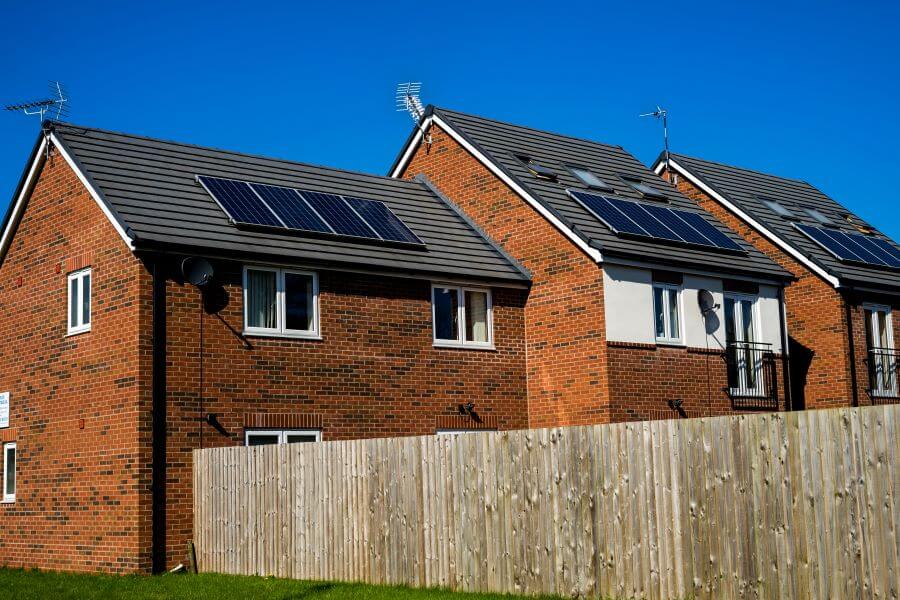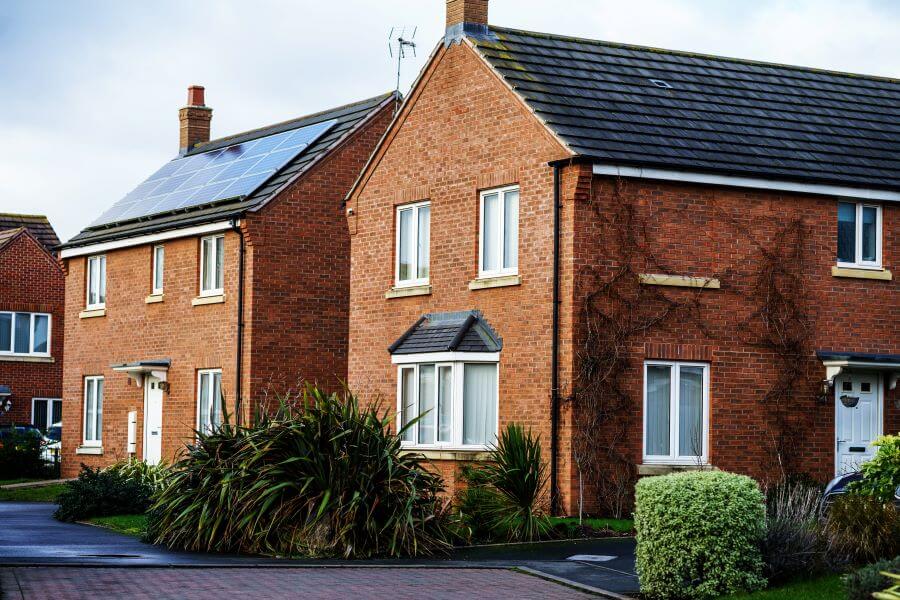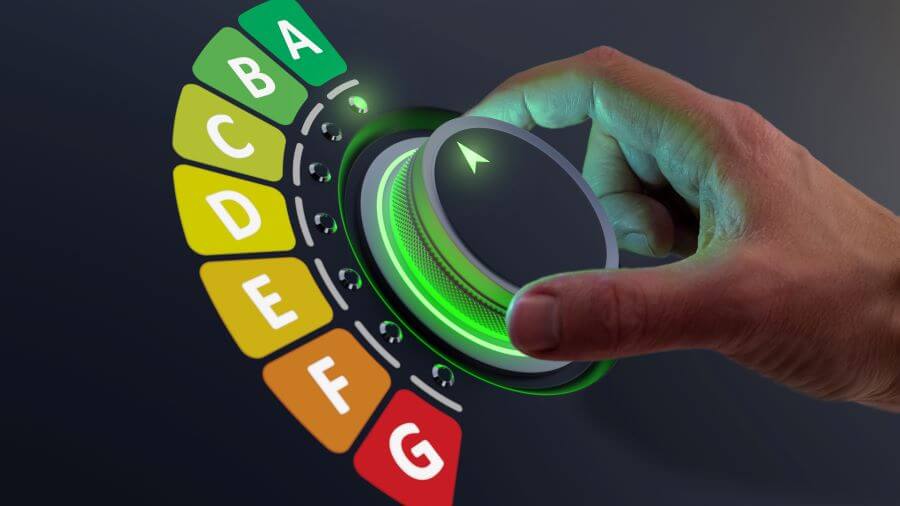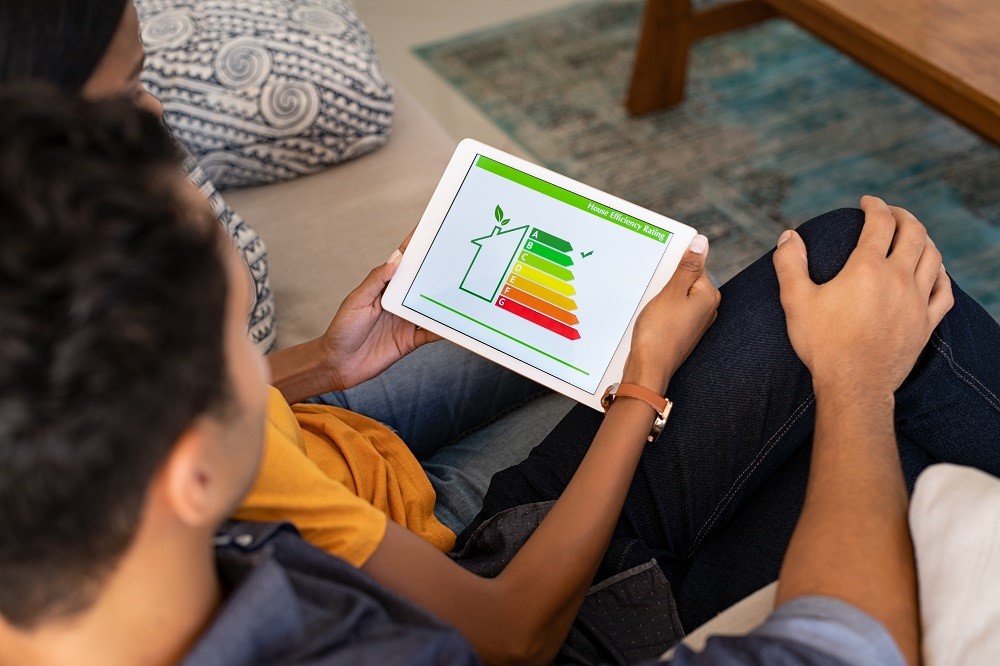Table of Contents
- 1 - Evaluating the Viability of Solar Panels in the UK
- 2 - How To Get A Solar Panel Quote
- 3 - Costs vs Savings: Financial Analysis
- 4 - Impact on Energy Bills and Grid Dependence
- 5 - Frequently Asked Questions
- 5.1 - What’s the average payback period for solar panels in the UK these days?
- 5.2 - How’s the UK government supporting homeowners with solar panel installations in 2024?
- 5.3 - Can you really save money on your energy bills with solar panels in the UK?
- 5.4 - What’s the current cost of a full solar panel setup, including batteries, in the UK?
- 5.5 - Are there any significant advancements in solar technology that make investing in them a smart move in 2024?
- 5.6 - What do British Gas and other energy suppliers offer in terms of solar panel solutions?
Are solar panels worth it in 2024 UK? This is a question that many homeowners are asking themselves as they consider the benefits of renewable energy sources. With the cost of solar panels decreasing over the years and the increasing demand for clean energy, it’s no surprise that more and more people are turning to solar power.
Evaluating the viability of solar panels in the UK requires a thorough understanding of the costs vs savings, as well as the impact on energy bills and grid dependence. While the initial cost of installing solar panels can be high, the long-term savings on energy bills and potential government incentives can offset these expenses over time.
Additionally, solar panels can increase the value of your home and reduce your carbon footprint, making them a worthwhile investment for many homeowners.
Evaluating the Viability of Solar Panels in the UK
As someone who is interested in investing in solar panels, I have done some research to understand whether they are worth it in the UK in 2024. In this section, I will discuss some of the key considerations when evaluating the viability of solar panels in the UK.
Climate Considerations and Sunlight Availability
One of the main concerns when investing in solar panels is whether the UK climate is suitable for generating enough sunlight to make the investment worthwhile. While it is true that the UK does not have the same level of sunlight as other countries, such as Spain or Australia, solar panels can still generate a significant amount of electricity in the UK.
According to MoneySuperMarket, the average solar panel system in the UK is 3.5kWp, with an overall cost of £7,000. The amount of electricity generated by a solar panel system depends on several factors, including the size of the system, the angle of the panels, and the amount of sunlight available. However, on average, a 3.5kWp system in the UK can generate around 3,000 kWh of electricity per year.
Understanding Solar Panel Efficiency
Another important consideration when evaluating the viability of solar panels is their efficiency. Solar panel efficiency refers to the percentage of sunlight that is converted into electricity. The higher the efficiency, the more electricity a solar panel system can generate.
According to Solar Planet UK, the efficiency of photovoltaic cells has seen significant improvements in recent years, which means that solar panels are now more efficient than ever before. In the UK, the average efficiency of solar panels is around 15%, although some high-end panels can have an efficiency of up to 22%.
When evaluating the viability of solar panels, it is important to consider the initial investment and the return on investment (ROI). While solar panels can be expensive to install, they can provide significant long-term savings on energy bills. The ROI on solar panels in the UK is typically around 10 years, although this can vary depending on a range of factors, including the size of the system, the amount of sunlight available, and the cost of electricity.
How To Get A Solar Panel Quote
If you’re interested in getting solar panels installed on your property, the first step is to get a solar panel quote. There are a few ways to do this, including contacting national installers or local installers directly, or using an online solar quote service.
National Installers
National installers like Glow Green can provide you with a solar panel quote over the phone or online They typically have a larger team of salespeople and installers, which means they may be able to offer more competitive pricing.
Local Installers
Local installers can provide you with a more personalised service and may have a better understanding of the local area and any specific regulations or requirements. They may also be able to offer more competitive pricing as they have lower overheads. To find a local installer, you can search online or ask for recommendations from friends or family.
Online Solar Quote
An online solar quote service can be a quick and easy way to get a solar panel quote. You simply enter your details and the service will provide you with a quote from a range of installers. This can be a good option if you want to compare prices and services quickly and easily.
When getting a solar panel quote, make sure to ask for a breakdown of the costs and what is included in the installation. You should also ask about any warranties or guarantees that come with the panels and installation, as well as the expected lifespan of the panels.
Costs vs Savings: Financial Analysis
Initial Investment and Upfront Costs
When considering solar panels, the first thing that comes to mind is the initial investment and upfront costs. According to MoneySuperMarket, the average cost of a solar panel system in the UK is £7,000 for a 3.5 kWp system. However, this can go up to £9,000 for a 5 kWp system if you have a larger home. The cost includes the panels themselves and the installation costs, which can be substantial.
Return on Investment and Payback Period
Despite the high upfront cost, solar panels can provide significant savings on your energy bill in the long run. The return on investment (ROI) and payback period depend on various factors such as the size of the system, the amount of electricity you use, and the amount of sunlight your location receives.
According to Spirit Energy, a typical 3-bedroom detached property can save around £320 annually on their energy bill by installing solar panels. The average payback period for a solar panel system in the UK is around 10 years, but it can vary depending on the factors mentioned above.
Government Incentives and Grants
The UK government offers various incentives and grants to encourage people to switch to renewable energy sources such as solar panels. The most significant incentive is the Smart Export Guarantee (SEG), which pays households for the excess electricity they generate and export to the grid. The SEG pays a minimum of 5.5p per kWh of electricity exported, but some energy suppliers offer higher rates.
Additionally, the government offers the Renewable Heat Incentive (RHI) for households that install renewable heating systems such as solar thermal panels. The RHI pays households for the amount of renewable heat they generate and use in their homes.
Impact on Energy Bills and Grid Dependence
As a homeowner, solar panels can help reduce your dependence on the national grid and lower your energy bills. Here are two ways solar panels can help you save money on your energy bills:
Reducing Electricity Bills Through Solar Energy
Solar panels generate electricity from the sun, which can be used to power your home’s appliances and lighting. By using solar energy, you can reduce the amount of electricity you need to purchase from the grid, which can lead to significant savings on your energy bills.
According to MoneySuperMarket, a standard 3.5kWp solar panel system can save you anywhere from £150 to £565 annually, depending on your energy consumption and reliance on the grid. Additionally, the cost of solar panels has decreased over the years, making them a more affordable option for homeowners.
Exporting Excess Electricity and Export Tariffs
If your solar panels generate more electricity than your home needs, you can export the excess electricity back to the grid. This can help you earn money through export tariffs, which pay you for the excess electricity you generate.
The best export tariff in the UK as of February 2024 is the Intelligent Octopus Flux, which pays solar panel customers 34.51p for every kWh they export between 4pm and 7pm. This is well above the current cost of electricity, which is 28.62p per kWh, as of February 2024. By exporting excess electricity and taking advantage of export tariffs, you can further reduce your energy bills and earn money from your solar panels.
Frequently Asked Questions
What’s the average payback period for solar panels in the UK these days?
The average payback period for solar panels in the UK is around 10 years, according to MoneySuperMarket. However, this can vary depending on several factors, such as the size of your solar panel system, how much energy you use, and the cost of electricity in your area.
How’s the UK government supporting homeowners with solar panel installations in 2024?
The UK government is continuing to support homeowners with solar panel installations in 2024 by offering several incentives, such as the Smart Export Guarantee (SEG) and the Renewable Heat Incentive (RHI). The SEG pays homeowners for the excess energy they generate and export back to the grid, while the RHI offers financial support to those who install renewable heating systems, including solar thermal panels.
Can you really save money on your energy bills with solar panels in the UK?
Yes, you can save money on your energy bills with solar panels in the UK. According to SolaGuard, a 4kW solar panel system can cost around £5,000 to install, but the long-term savings on energy bills and potential government incentives can offset these expenses over time.
What’s the current cost of a full solar panel setup, including batteries, in the UK?
The cost of a full solar panel setup, including batteries, can vary depending on several factors, such as the size of your system and the brand and quality of the equipment you choose. According to Energy Guide, a typical 350-watt solar panel costs between £600 and £800, and the average system is around 10 panels.
Are there any significant advancements in solar technology that make investing in them a smart move in 2024?
Yes, there have been significant advancements in solar technology that make investing in them a smart move in 2024. For example, new solar panel designs are more efficient and can generate more energy than older models. Additionally, battery storage technology has improved, allowing homeowners to store excess energy for later use.
What do British Gas and other energy suppliers offer in terms of solar panel solutions?
British Gas and other energy companies offer several solar panel solutions, such as installation, maintenance, and financing options. E.ON also offers battery storage solutions, allowing homeowners to store excess energy for later use.





